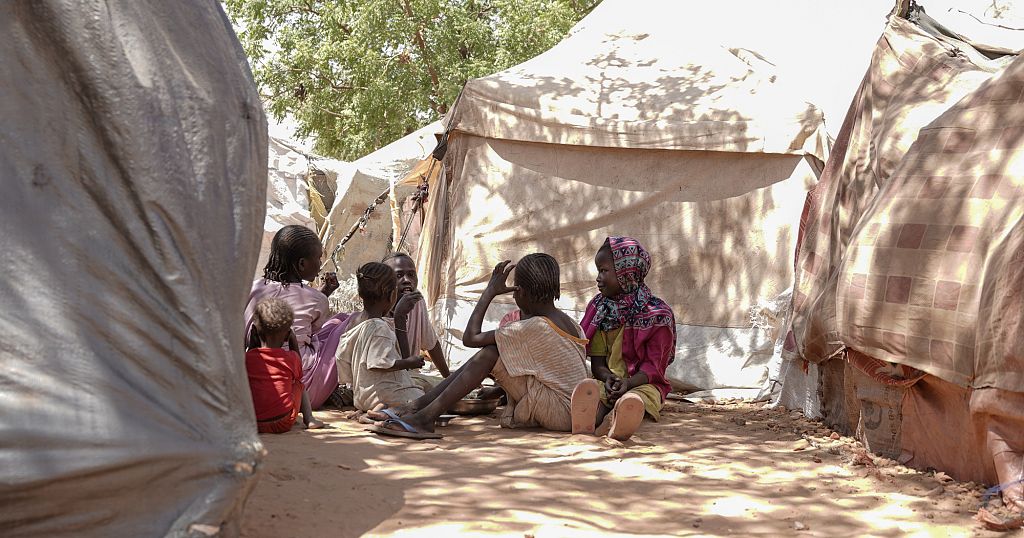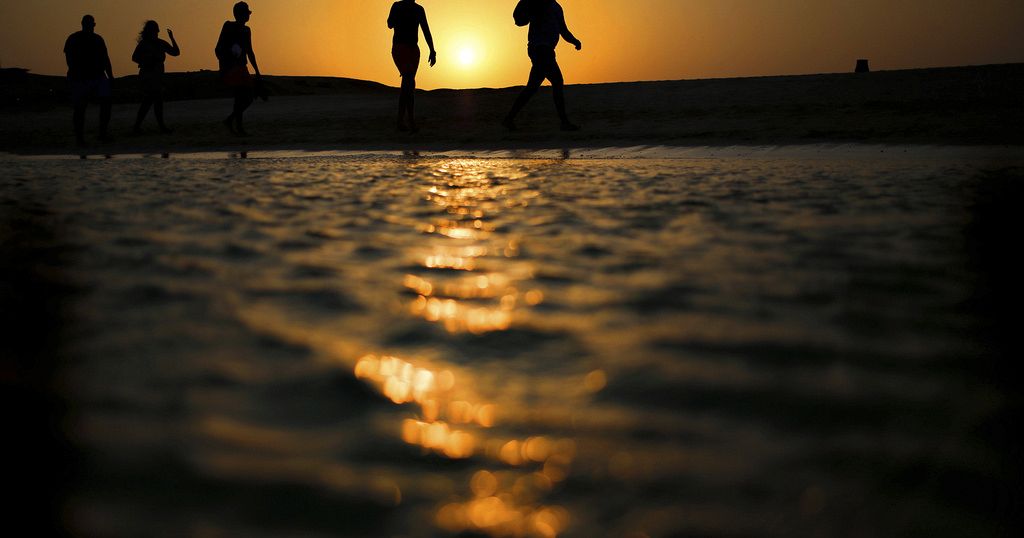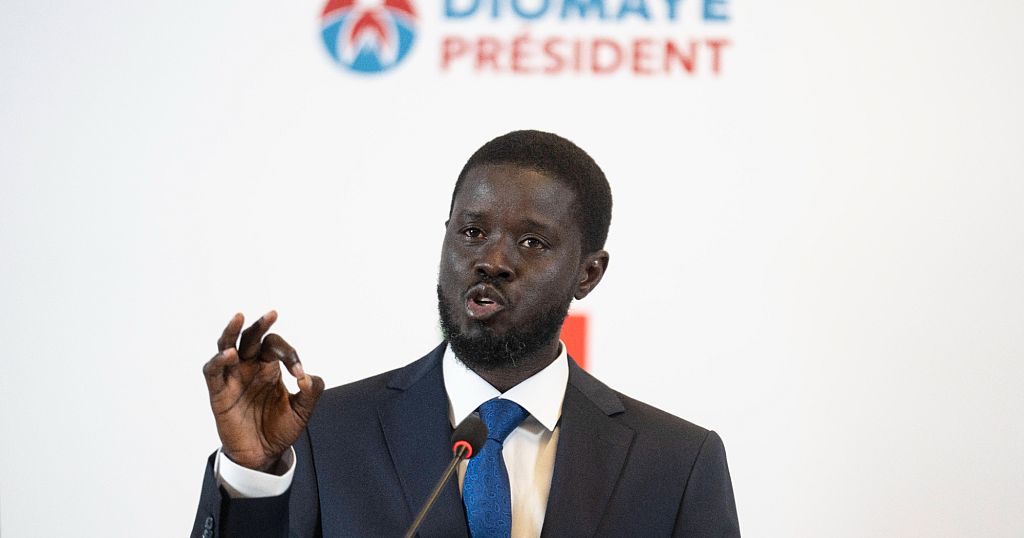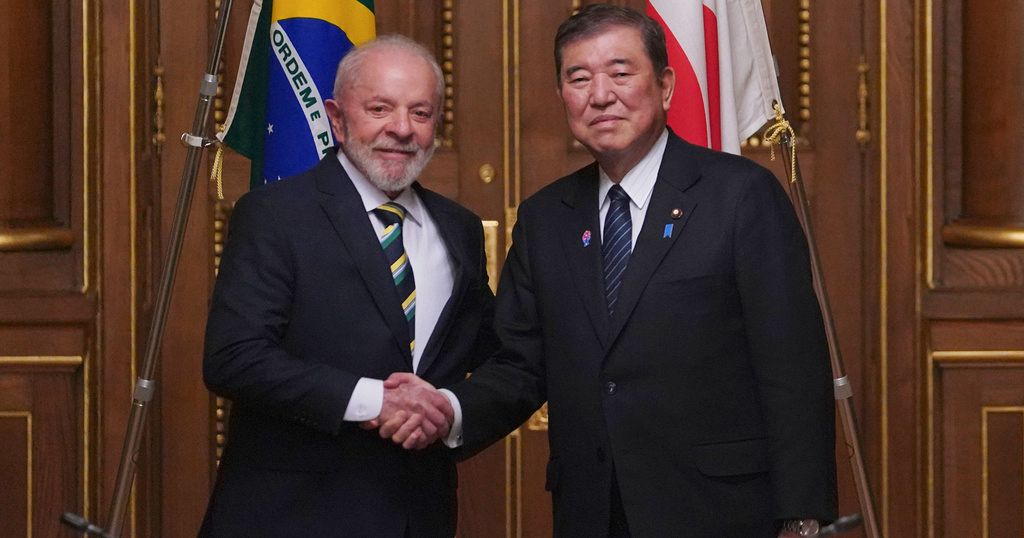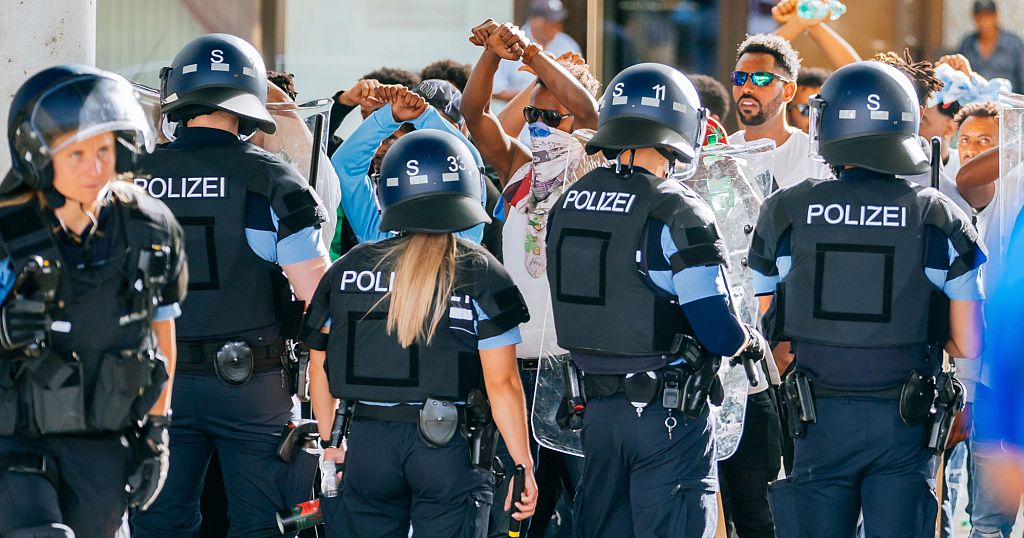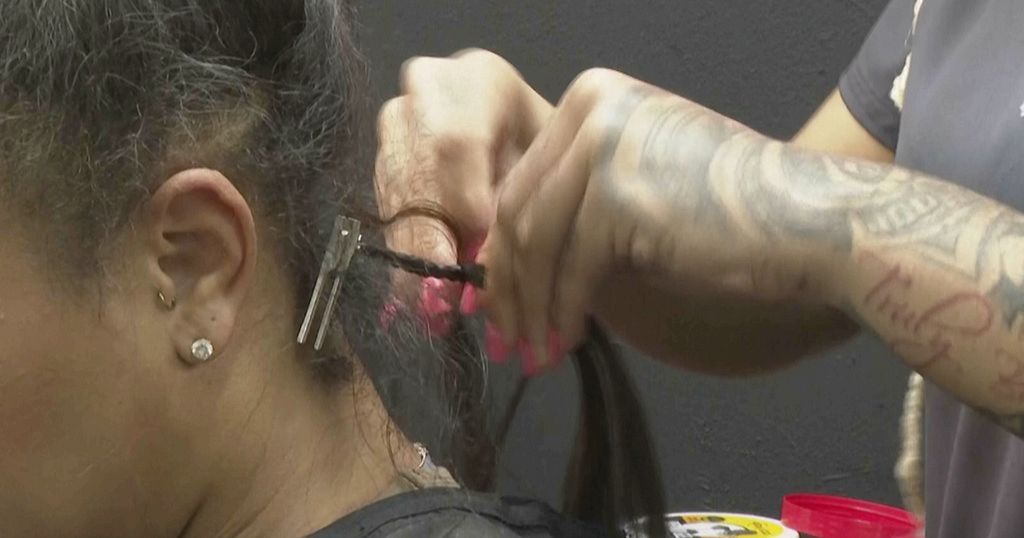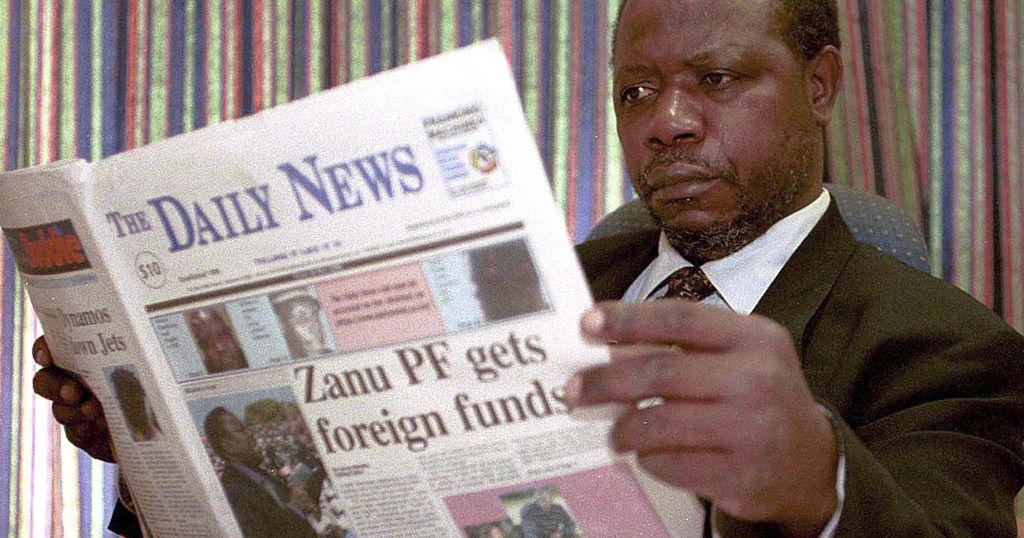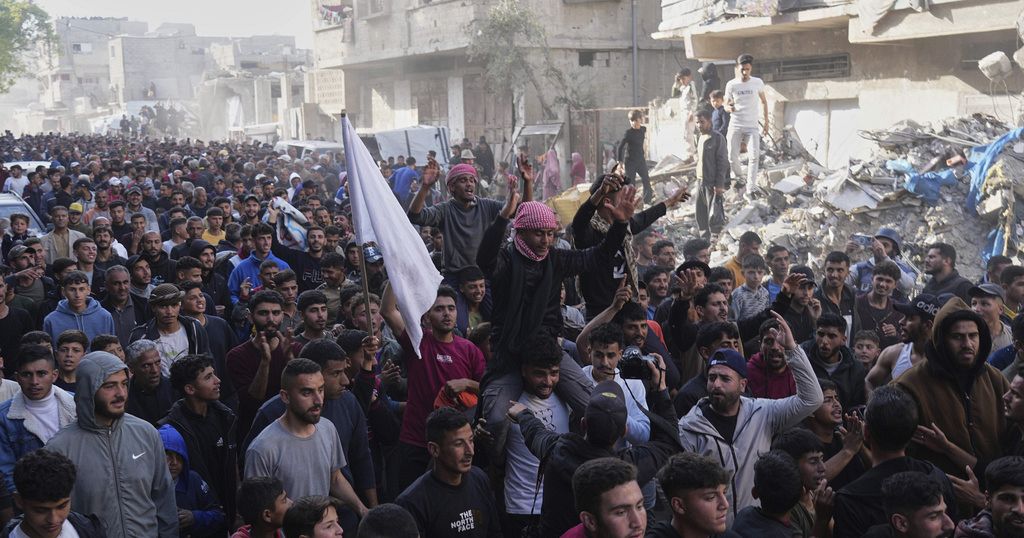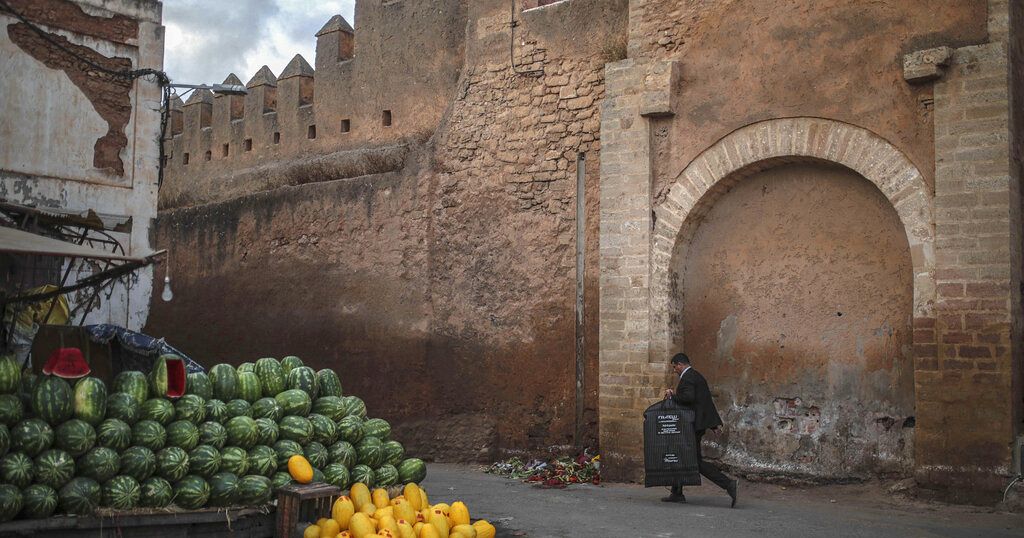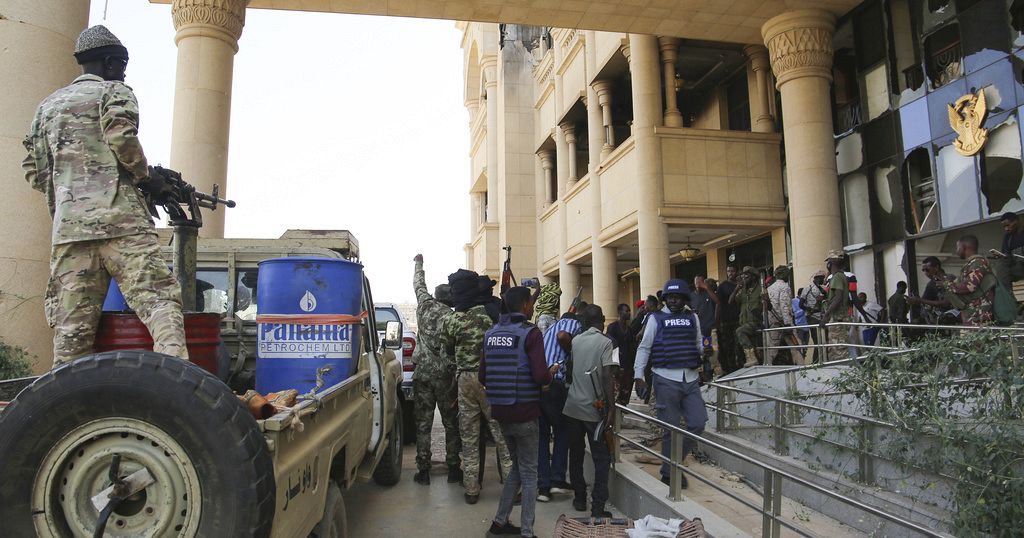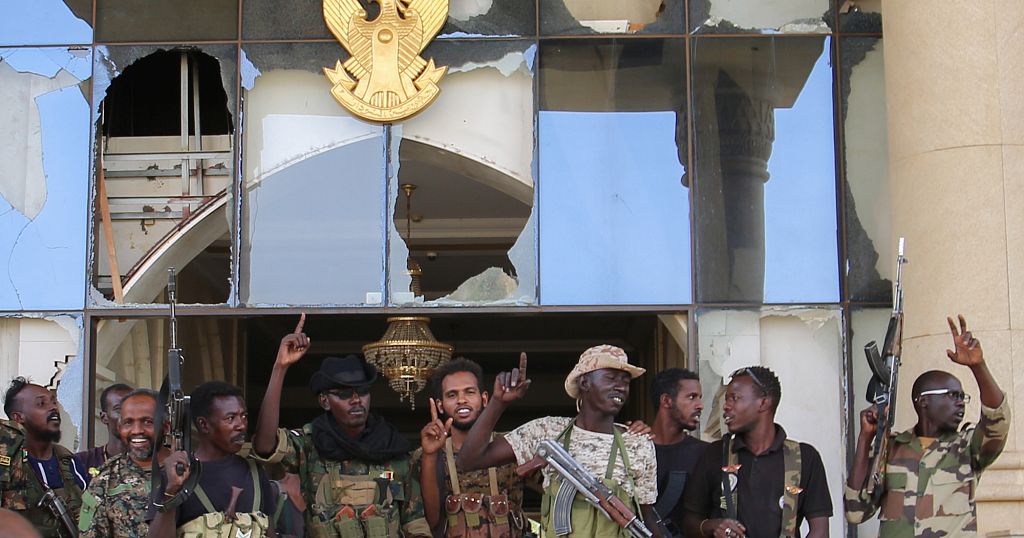Kenya: Children left behind by British soldiers struggle to find identity

Margaret Wandia became pregnant after a week-long relationship with a British soldier training near her community in Kenya.
They met while she worked at a bar in her early 20s.
She knew little about him but he left her with a biracial child.
Margaret Wandia says: “I found out about my pregnancy after three months. I had to take care of the pregnancy but he was nowhere in sight. I had no information on whether the troops had left or they were present. I found out that my child was biracial when I gave birth.”
Raising a biracial child in rural Kenya was not easy and she faced discrimination because of her son’s lighter skin tone.
“When I took him to boarding school, they thought I had brought a white child and they would hike the fees of which I would object while telling them I did not have money. I asked them not to chase my child from school for fee arrears as I was just a casual labourer,” says Wandia.
Now her son Louise Gitonga is 26, and he is part of an effort by a Kenyan lawyer to take a number of such children to Britain.
Like many biracial children in largely conservative Kenya, Louise Gitonga, says he has felt excluded by society and left out of education and employment opportunities for being “too white.”
He is unemployed and has substance abuse issues.
Gitonga says: “I look different from the others (his siblings). My step father who has raised me is black. I have an identity crisis that has driven me to alcoholism.”
Growing up not knowing the identity of his father has been difficult and the community has not been understanding of his identity crisis.
“Everywhere I pass, people call me a white man. Others call me an albino. These names cause me a great deal of pain and hurt,” he says. “I would like to know who my real father is and why he left me to struggle.”
Paul Wachira is Gitonga’s stepfather and raised him.
The taboo that persists with biracial children in Kenya meant Wachira had to hide Gitonga away.
“At times, I had to hide him from the rest of the family during gatherings to avoid many questions as he looked very different from his siblings. On many occasions, I had to send him to stay with his aunt, which was not fair to him,” says Wachira.
One man who knows about the struggles of growing up as biracial in Kenya is 68-year-old David Mwangi Macharia.
He lives 80 kilometres away in Rumuruti. He was born in 1956, during the Mau Mau freedom struggle and had no clue who his father was.
It was only after his mother revealed that she became pregnant after a relationship with a British soldier in the 1950s that Macharia got some information about his father.
Due to his mixed-race appearance, Macharia found it difficult to get along with his darker skinned siblings. He also struggled in finding work.
“They (Kenyans) always think that I cannot do menial jobs despite the fact that I am not educated. I have been able to do casual jobs in any place whenever I am lucky,” he says.
He adds: “Here in Kenya, I’m often nicknamed ‘British,’ which leaves me feeling confused about my place in the world. People seem unaware that my name is David Mwangi Macharia. Yet, despite this nickname, the UK does not recognize me or offer me citizenship.”
Back in Nanyuki, 29-year-old Jenerica Namoru enjoys the comfort of her new home after moving from Archer’s post where she previously lived and met a British soldier.
Their consensual relationship bore a baby girl who is now five-years-old.
The soldier’s name appears on the child’s birth certificate as the father. According to Namoru, he had initially accepted the child and was communicating with her.
However he was reluctant to offer help as far as the child’s upbringing was concerned. She then began seeking legal redress amid numerous frustrations.
Jenerica Namoru says: “We were in contact, but he refused to offer any support. I eventually decided to pursue the matter through legal means. Whenever I visited the BATUK offices, I was told that the commander was Scottish and would not listen to me. At times, they even blocked me from entering the gate.”
The goal is to confront authorities over hundreds of such cases reported over the years, and to find the fathers and seek their support.
It is a long shot after years of attempts by human rights groups to hold the British military and its personnel accountable for their actions during weeks of training in Kenya — including alleged rapes — and the children they leave behind.
The countries’ $44 million defense cooperation agreement was renewed in 2021.
It allows up to 10,000 British forces to train for eight weeks in Kenya every year.
Kenya’s biracial children are part of broader concerns about the British mission, notably the persistent allegations of rape of local girls and women.
According to Marion Mutugi, a commissioner with the Kenya National Commission on Human Rights (KNCHR), the relationships between foreign soldiers and local women range from consensual, transactional and non-consensual.
She says: “When we talked with the British High Commission we suggested what should be done and they felt that maybe they would not be able to do it they say that they thought it would be a conflict of interest. Our take at the commission was that they wanted to put a band aid on a wound instead of lacerating it, dealing with it and operating on it.”
She would like more to be done on the part of British authorities to help trace the absent fathers.
She says: “Good will from the British government. Tell us, who are these men who were deployed there. Investigate them. Do paternity studies, then we rest this matter once and for all.”
Kenyan lawyer Kelvin Kubai represents 10 such children of visiting British forces.
He asserted that not all of their parents’ relationships were consensual. In collaboration with a British law firm he declined to name, he hopes to take some of the children to Britain next year and go to court.
“You know such children do not know the circumstances under which they were born, their mother cannot fully disclose to them the nature and circumstances through they were born but that does not mean that now they should suffer and should be imprisoned for this identity that they chose not for themselves,” says Kubai.
He hopes they’ll obtain citizenship. According to British law, children born to British citizens are eligible for British citizenship and care of both parents if they are below 18.
Seven of the children Kubai represents are under 18.
For those older than 18, the trip is a quest for identity and support.
Kubai is also raising money — $4,600 so far — to conduct DNA testing to help find the children’s fathers.
“What we are bringing in the UK court is not issue of rape, it is the issues of these children who happen to be prisoners of an identity they did not chose for themselves,” says Kubai.
The identity crisis affects children born to white fathers.
Kubai said he has yet to come across children of Black British fathers.
Source: Africanews


